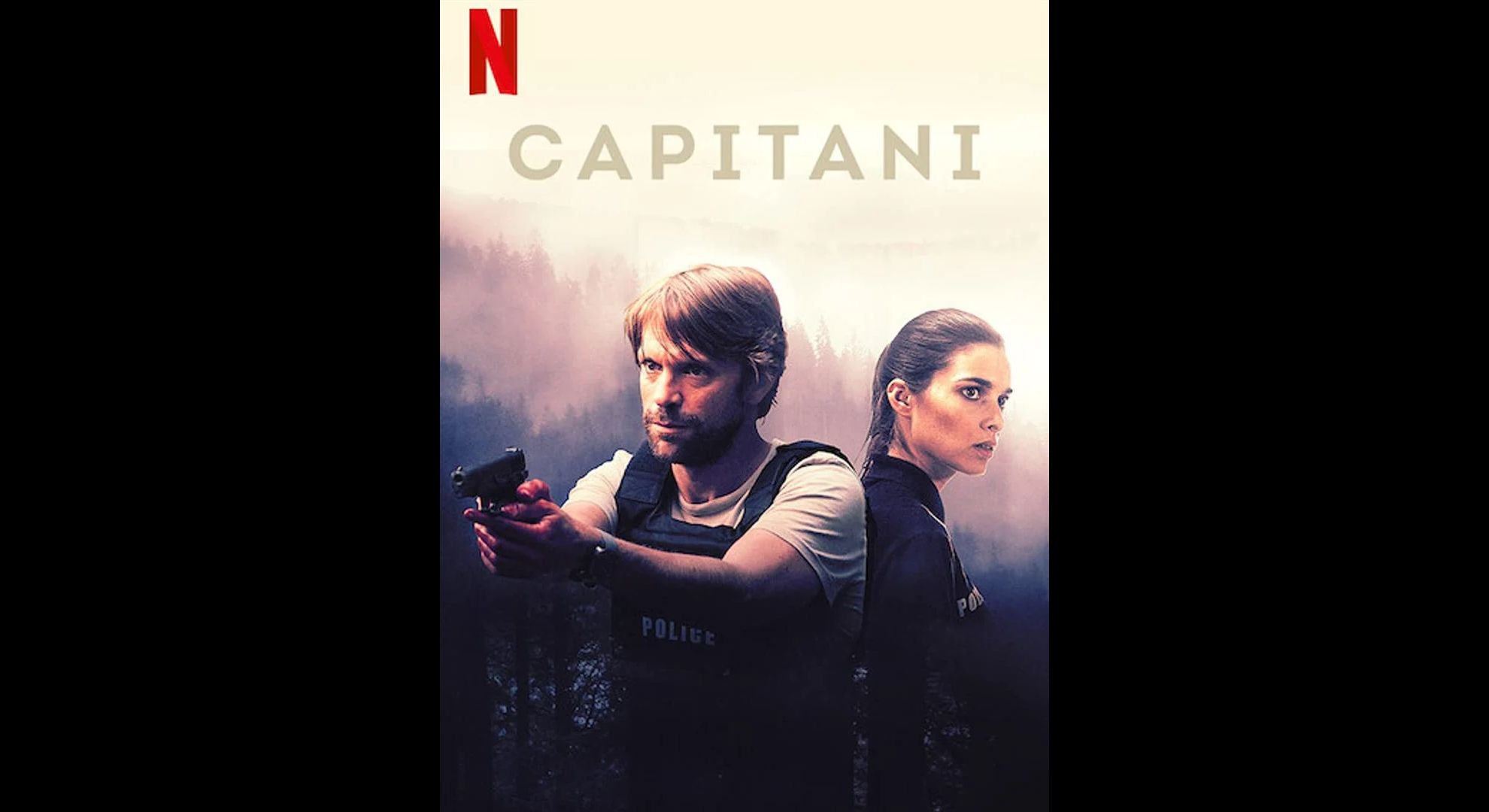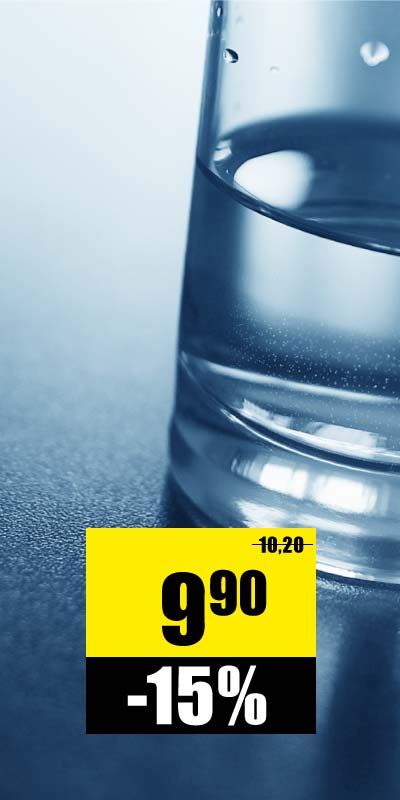NEWS - Cheap series for expensive money
Can Capitani save RTL from collapse?

Bild: Netflix
The crime series was a success in Luxembourg and even beyond its borders. But behind the scenes, it was about more than entertainment.
Capitani is the most famous TV series in Luxembourg and a national prestige production. The success of Capitani is therefore also a success for RTL. But isn’t the cooperation between the film fund and the commercial broadcaster actually a hidden state subsidy?
As a TV channel, RTL TV Luxembourg is constantly under competitive pressure. In the country itself, at least in the TV market, RTL has no competition - but people could watch French or German TV. Above all, however, streaming offers also pose a threat to linear TV in this country. The competition is Netflix, Amazon Prime and DisneyPlus. At least that is what the statements of RTL Luxembourg CEO Christoph Goossens in 2020 in the media committee in parliament say, where he advocated for a new and more consistent subsidy for RTL. Advertising revenues would decline and RTL would make losses. The fact that neither German nor French TV represents competition in the Luxembourg advertising market remains unmentioned. Since 01.01.2024, the state has therefore not only covered RTL’s deficit of up to approx. 10 million euros, but up to 15 million euros, the maximum allowed by the EU for state contracts to private companies. Is that enough?
The competition between streaming and TV stations is a global trend that the leaders of the parent company RTL Group, or Bertelsmann, want to counteract. One of the responses from Bertelsmann and its CEO, Thomas Rabe , is to build their own streaming platforms for their TV channels. RTL Luxembourg is also relying on this strategy and has launched „RTL Play“. Ultimately, however, a crucial question arises: What is actually on RTL - and is the program good enough to keep people tuned in? Without quality, there is no interest. Quality costs money. And the state should pay.
Who pays Capitani’s salary?
The quality on RTL is not just state-subsidized journalism. According to RTL, it was the most watched format on RTL TV: As a conclusion to the first season of „Capitani“ on RTL, a press release from RTL said: „158,000 people watched Capitani on RTL, 90.4% want a sequel“. The much-demanded sequel also came and would have „broken the record“ again: Some 232,000 people in the Grand Duchy would have tuned in to at least one of the episodes . The hype around Capitani was also created by RTL itself, which had been building anticipation for the series for months in advance with reports, interviews and news on all its media. After the broadcast, „Capitani“ can be found on RTL’s new streaming service for months, attracting people to this new offer. RTL naturally benefits from the hype and from advertising wherever possible.
This is practical for RTL: Capitani was mainly paid for by the state through the film fund. The budget for the first season was 2.6 million euros. In addition to small amounts from the production budget, a full 2.1 million euros came from the film fund. RTL only contributed 300,000 euros, which is how much RTL alone gets in just 8 days of TV advertising. The second season was once again more expensive at 3.6 million euros, the state film fund went to its maximum here, and with 120,000 euros for script development and 3 million euros for production, covered 86% of the costs. The budget was approved in two tranches. RTL was probably also involved in financing the second season, again with 300,000 euros. Now, in 2021, the question arises as to whether RTL’s money is actually state money. So it is not Capitani, but the state, that is directly taking double advantage of RTL.
A reliable source for free content
As long as the EU doesn’t notice that the state and RTL have found ways to transfer even more state funds to the private company, we can actually talk about a win-win situation here, right? The country has a film sector that produces state-funded series and a state-subsidized TV with a streaming platform that then brings these series to the people. And RTL is also allowed to decorate everything with advertising and pocket the winnings. Annoying, unnecessary, but tolerable?
However, RTL will not allow itself to be reduced to the role of a state-commissioned distribution platform. RTL wants to choose what should run itself - otherwise a public institution will later come along with educationally or culturally valuable boredom. And so, the most banal type of entertainment was produced with state funds in the last few years: the sitcoms „Weemseesdet“, „Comeback“ and „Zëmmer ze verlounen“ were practically commissioned by RTL. „Everything starts with a request from RTL“, the creator of Capitani also knows how to tell Delano. RTL and the Filmfond have been working closely together since 2011. When RTL needs content, the Filmfond is ready to open its wallet. Currently, 5 collaborations are planned and the Filmfond and RTL are calling on production houses in the country for further creations.
A symbol of incoherence
Is RTL exploiting the system and its power? Or is it simply the film fund, which is too embarrassed to do any trickery anyway and which is more about who produces something rather than what is produced? That is not entirely clear. What is clear is that the whole thing does not actually make sense from the point of view of the state and therefore from the general public.
Ironically, Capitani ended up not only on RTL TV Luxembourg - but also on the online streaming service Netflix. On the devilish competitor, the platform that has plunged the TV channels into the labyrinth. In itself, the reason why RTL receives 15 million euros from the state. Even more contradictory: Both the state and RTL are still celebrating this: The first season was already praised by RTL in a whole series of articles as a „Netflix hit“ and the second season was „among the top 10 in 24 countries“. The fact that „Capitani 2“ only landed in 2,675th place according to the figures that Netflix itself published at the end of 2023 is not worth an article for RTL.

















